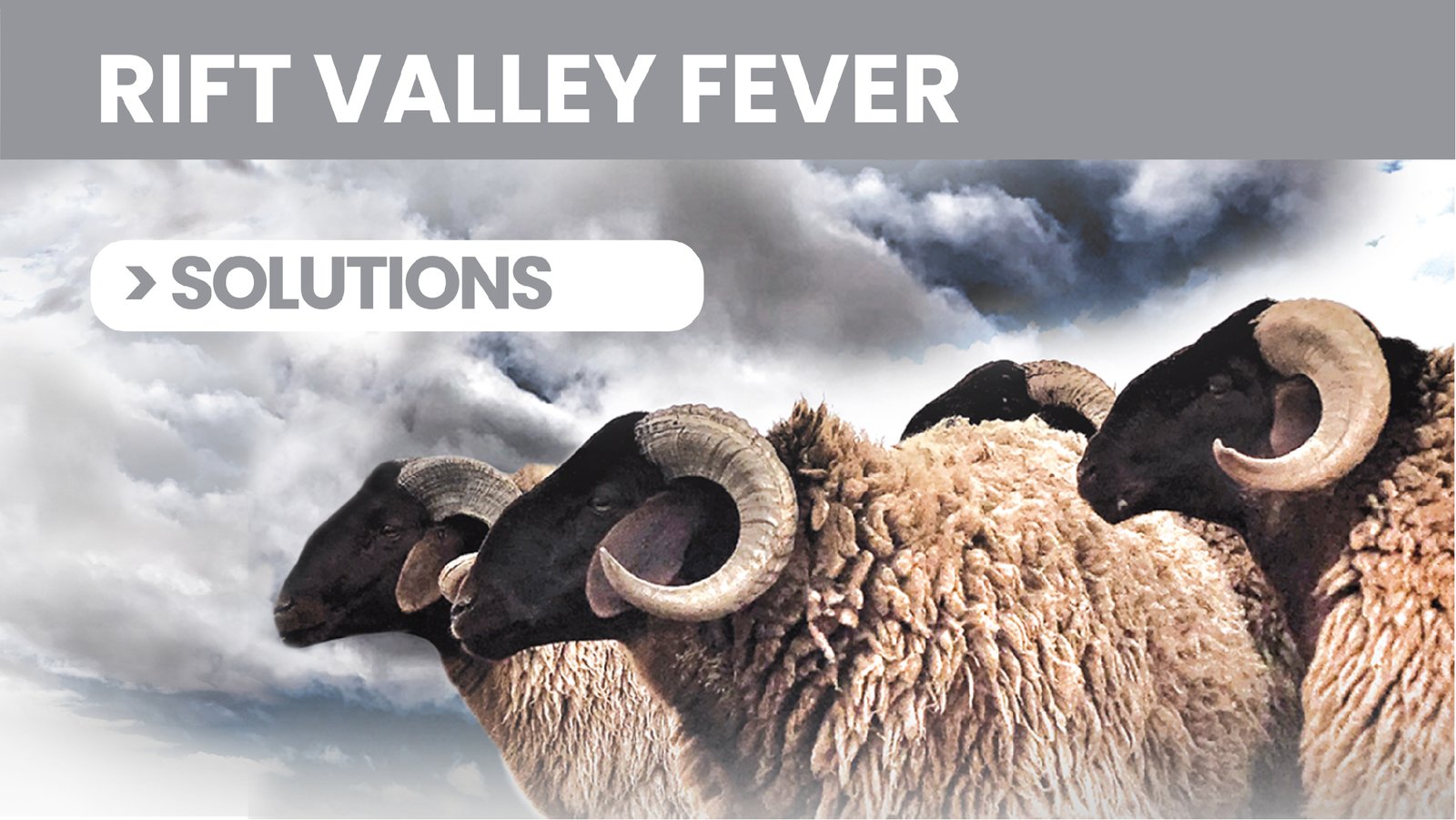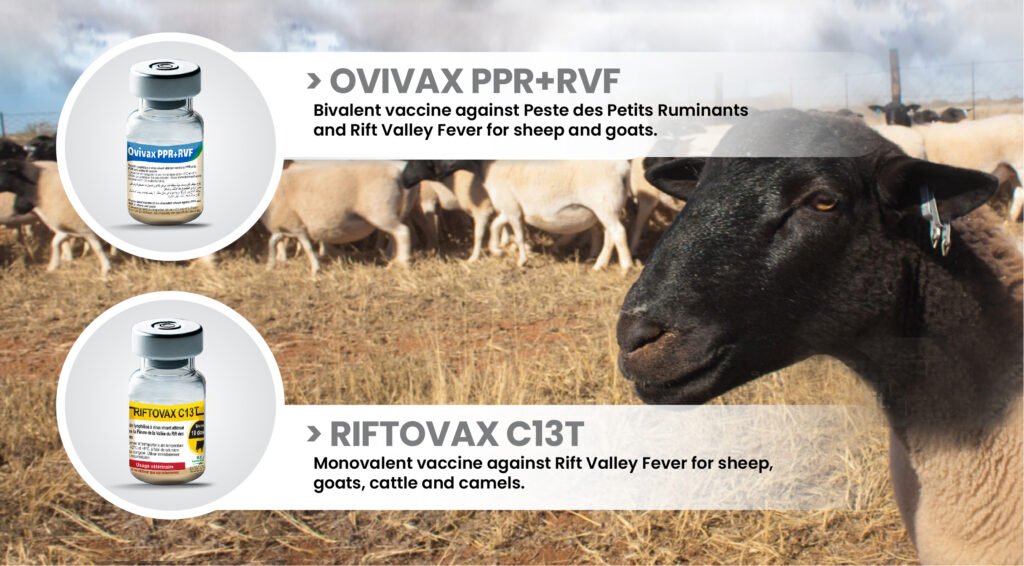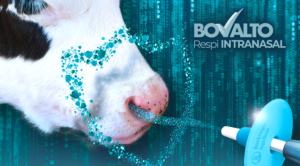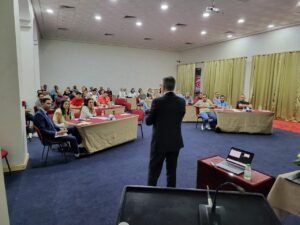
Rift Valley Fever Re-emergence in West Africa
Rift Valley Fever (RVF) is a mosquito-borne viral zoonosis that affects primarily livestock such as cattle, goats, sheep, camels, and buffalo, causing high mortality and abortion rates that lead to significant economic losses. Humans typically become infected during widespread animal outbreaks, either through mosquito bites or contact with infected animal tissues and fluids.
Heavy rainfall, flooding, and the resulting proliferation of mosquito breeding sites are believed to be the main environmental factors driving these outbreaks.
Senegal and Mauritania are currently facing severe outbreaks of RVF, affecting livestock and humans. Cross-border livestock movement and shared ecosystems increase the potential for disease regional spread.

In response, the World Organisation for Animal Health (WOAH) issued on 16 October a statement urging countries in the region to assess transmission risks, strengthen surveillance, enhance vector control, promote awareness among farmers and abattoir workers, improve cross sectoral collaboration and coordinate cross-border measures to regulate animal movements. Livestock vaccination can also be considered, with vigilance regarding the risk associated with vaccinating infected animals.
Recognizing the recurring nature of RVF, which typically re-emerges in 2- to 10-year cycles, MCI has developed two vaccines to support long-term prevention:
Riftovax Clone 13T ©, a live attenuated freeze-dried vaccine for cattle, sheep, goats, and camels, based on a thermostable strain (Clone 13T). The vaccine is registered in Morocco, and in East and West Africa.
Ovivax PPR+RVF ©, a combined live attenuated freeze-dried vaccine that provides dual protection against RVF and Peste des Petits Ruminants (PPR) in sheep and goats.
The cyclic nature of RVF outbreaks, makes it challenging to sustain consistent herd immunity and discourages veterinary services in high-risk countries from maintaining regular preventive vaccination programs against RVF. Integrating RVF immunization into routinely used vaccines (such as PPR), offers a practical solution to:
- Increase vaccination coverage and encourage adoption among smallholders;
- Build stronger herd immunity that protects susceptible livestock and, in turn, reduce the risk of human infection; and
- Lower the cost of vaccination programs in extensive production systems by targeting two diseases in one shot.
Sources:
Other news
L’innovation continue au service de l’élevage : Bovalto Respi Intranasal, une première au Maroc
MCI Santé Animale, en partenariat avec Boehringer Ingelheim, annonce l’introduction au Maroc de Bovalto Respi Intranasal, premier vaccin intranasal destiné aux jeunes veaux.
Read more +Participation of MCI Santé Animale at WVPAC 2023
MCI Santé Animale participated from September 4 to 8, 2023 in the 22nd World Congress organized by the World Association of Avian Veterinarians which was held in Verona, Italy.
Read more +VET PRACTICE MANAGEMENT
MCI Santé Animale in collaboration with its partner Boehringer Ingelheim have organized a Roadshow, the topic was: "VET PRACTICE MANAGEMENT", between May 09 and 12 2023, in 3 cities of Morocco: Fez, Mohammedia, and Marrakech.
Read more +Dog antiparasitics and the One Health approach
MCI Animal Health and its partner Boehringer Ingelheim organized two meetings on April 25 and 26, 2023, in Rabat and Casablanca.
Read more +



